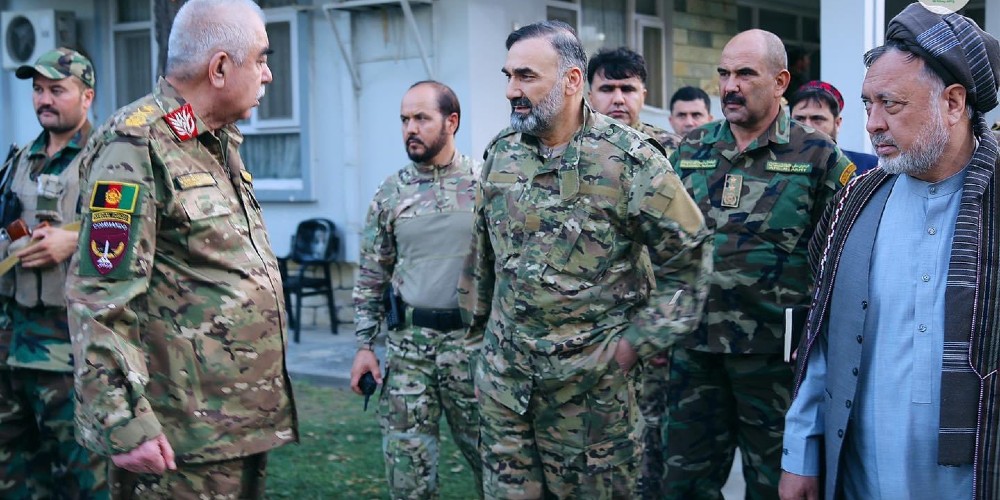BY SAEED NAQVI
Akira Kurosawa’s masterpiece, Roshomon, is an examination of the same reality from different perspectives.
Syria today would lend itself admirably to the Roshomon treatment. Iran, Turkey, Iraq, Jordan, Lebanon and the supervising deity of all the Arab regimes who are most reliably in the US camp, Saudi Arabia, all have distinct perspectives on Syria, with some overlaps.
Powers arrayed against Bashar al Assad of Syria are exactly the ones which transformed a no-fly-zone into regime change in Libya.
In fact, like road repair gangs working on different stretches of a highway, one stretch at a time, the same gang of Arabs and their western minders are proceeding from Libya to Syria to…..sorry, hang on. Syria is proving to be a much tougher project than earlier imagined.
There are various reasons why Assad has to be brought to his knees.
The West and Israel obviously find it easier to manage a Mid-East without independent minded trouble makers like Qaddafi and Assad who had a history of being on the wrong side during the cold war. The Soviet Union is history but habits acquired during that period, the kneejerk anti Americanism for instance, will not go away unless these regimes are smashed and Israel plus energy interests are secured against their caprice.
The Israeli experience during the 2006 Israel-Hizbullah war has taught all friends of Israel a lesson: Hizbullah derives its muscle from Iran and Syria. This cannot be given the emotive label of a “Shia arc” because Iran, Syria, Hizbullah link up eventually with Hamas in Gaza, a patently Sunni outfit in Israel’s underbelly and which Israel dubs as “terrorist”.
The removal of Syria from this chain weakens Hamas, Hizbullah, Iran, all in one strike.
The removal of Assad, an Alawi (moderate variant of Shiaism) would result in power being distributed among the majority Sunni population of Syria. An enlargement of Sunni power has become an article of faith with the Saudi regime.
During the earlier phase of the cold war the Shah of Iran and the Saudi King sat on the same western lap. But with the coming of the Ayatullahs to power in Teheran in 1979, the Shia-Sunni divide resurfaced.
The most scary of Saudi nightmares materialized when American occupation of Iraq in 2003 resulted in the rise of Shia power next door in Baghdad. To check this turn of events, Al Qaeda type terrorism was introduced into Iraq on America’s watch to keep the new Shia rulers off balance.
In strengthening Sunni regimes, the Saudis are the most enthusiastic players but they have competition in the business. This competition comes from Turkey.
Until 2000, Turkey was comprehensively in the grip of secularism as dictated by the founder of the Republic, Mustafa Kemal Pasha Ataturk. The west (unknowingly) helped weaken this secularism by allowing the five year siege of Sarajevo (no UN resolutions then), the massacre at Sebrenica and the unspeakable cruelties of the Bosnian war – all on live TV. Sarajevo derives from the Turkish word Sarai which means “resting place”. The region is part of Turkish nostalgia.
The consequence was the rise of the Islamist Refah party with Nikmetin Arbakan as Prime Minister. The Army, guarantor of Turkey’s secularism, scuttled the regime. A softer version of a tolerant, secular Muslim group, the Peace and Development party under Prime Minister Tayyep Erdogan has broken all records by increasing its vote share dramatically through three elections.
Naturally, Erdogan sees himself, (not the Saudis) as a model in the context of the Arab Spring. Hence Turkish pressure on Assad to accommodate the Muslim Brotherhood in the changes Syria must undertake. When Erdogan turned up in Tripoli to say his prayers after Qaddafi’s fall he was building up this Arab constituency.
There are three obstacles in his way. He must gain popularity in the Arab street if he has to offer himself as an acceptable model. For this he must stand upto Israeli-US polices on Palestine, a stance which has made Iran, Hizbullah and Syria Pariahs in West’s eyes.
The second obstacle is a deep seated Arab aversion to the Ottoman Empire which Turkey’s high profile would evoke.
The third is a very tricky one: Syria, Iran, Iraq all have Kurds which can be powerful pressure points on Ankara.
But where does all this lead to? In brief neither Syria, nor Assad are falling anytime soon, secure as they are in a strong, largely united Alawi Army, a two million strong Baath party, on all sides of sectarian divides, notwithstanding an Indian vote for a resolution seeking a repeat of Libya.
(Saeed Naqvi is senior Indian journalist, television commentator, interviewer, and a Distinguished Fellow at Observer Research Foundation. Mr. Naqvi is also a mentor and a guest blogger with Canary Trap)

